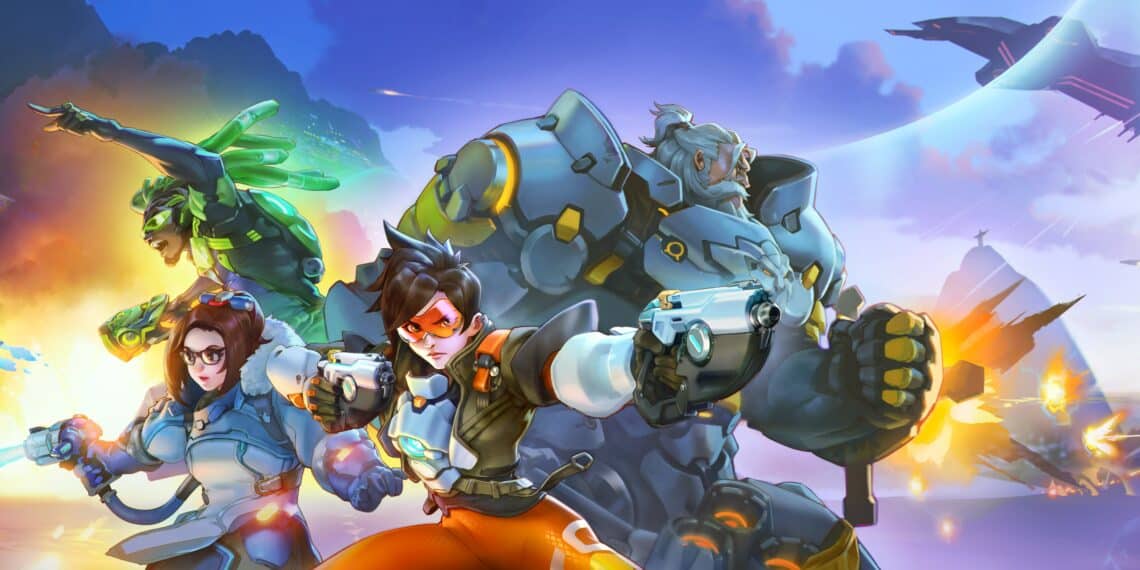In the world of competitive video games and esports, not many platforms stir passions like Overwatch. This fast-paced, team-based game sets the pace for thrilling encounters in digital warfare. But is all glory or are there some gloom moments? As evidenced by a recent discussion, the excitement can be tempered by moments of frustration and sorrow brought about in part by matchmaking issues – it’s a classic case of stomp or be stomped!
Summary
- Matchmaking often leads to one-sided matches, diminishing player enjoyment
- Community feels bad for ‘stomping’ opponents due to unfair matchups
- Community calls for better matchmaking mechanics
- Plethora of empathy towards players of mismatched teams
The Feelings in the Field
User CelestialAngel25 likened their match experience to being ‘backfilled into a steamroll’, stating it was like ‘playing payload simulator’. A disappointment, to say the least. CriticalMass369, taking a pacifist stand, admitted sometimes letting the opposing team win out of guilt.
Matchmaking Mayhem and the Aftermath
The Quality-of-life feature, matchmaking, perpetuates the cycle of nail and hammer, as pbuu points out. UltraHighFives shares this sentiment, expressing the matchmaking often lands them in a less successful team. Their voices join many others seeking better matchmaking mechanics.
Empathy Within Community
The empathy within the gaming community over uneven matches is palpable. ComradeMcCheese delves into ‘engagement optimized matchmaking’, suggesting it actively works to maintain player engagement, even if it means uneven matchups.
The Joy of Close Matches
Close, nail-biting matches are rare but cherished events. They offer an adrenaline rush and excitement that mismatched showdowns fail to do. Yet they’re as rare as hen’s teeth, according to Total_Dirt8867.
In the digital battlefield, there exists an emotional dimension that extends beyond the thrill of victory or the agony of defeat. There’s guilt associated with steamrolling opponents, frustration at being the nail rather than the hammer, and strong camaraderie among players. These emotions serve as a reminder of the humanity that thrives even in the heat of the virtual battle. And perhaps it’s a call to games manufacturers to be cognizant of these feelings when designing future gaming experiences.



